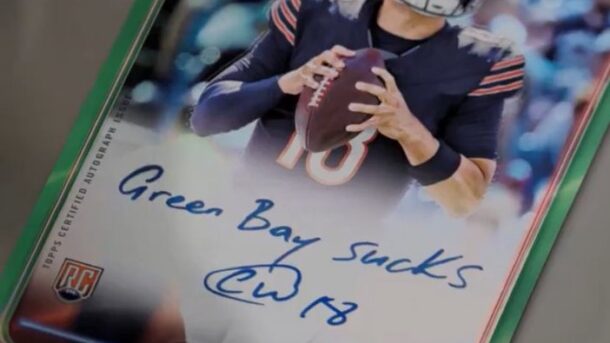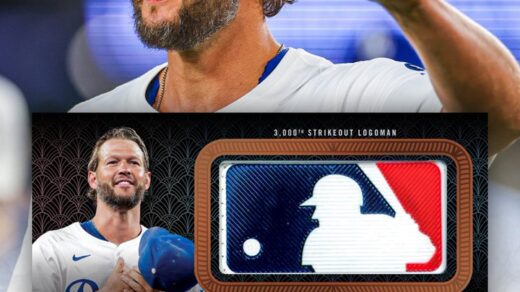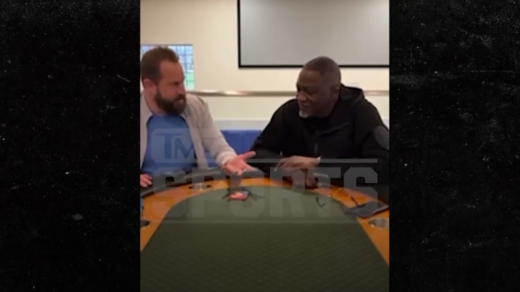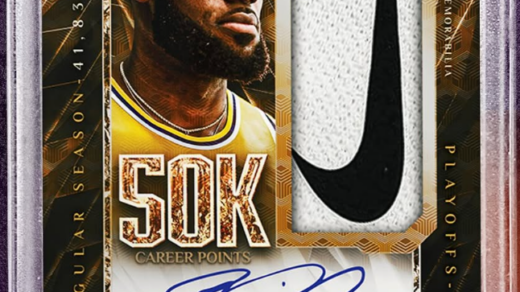Gone are the days where sports trading cards were mere static memorabilia, tucked away in binders and boxes. These days, they’ve transformed into much more – dynamic cultural tokens that both reflect and shape the epic challenges and narratives of the sports world’s saga. And if the latest headlines about 2024 Topps Chrome Football are any indication, that transformative evolution continues in dramatic fashion.
Enter Caleb Williams, the Bears’ electrifying rookie quarterback, who has inadvertently (or perhaps quite purposefully) added more fuel to the century-long Chicago Bears and Green Bay Packers rivalry. In a piece of cardboard chutzpah, Williams has etched into this evolving narrative, quite literally, a proclamation through a one-of-a-kind autograph. The words “Green Bay Sucks” scribbled beneath his signature on a select few 2024 Topps Chrome Football cards has sent collectors and NFL fans into a whirlwind — a cunning blend of cheek and defiance that all but ensures this card’s legendary status.
The dynamic between the Bears and Packers is the stuff of NFL lore — threaded with stories of glory, defeat, and figures whose names echo in football history. Legends like George Halas, who practically sculpted the franchise’s identity, and Vince Lombardi, synonymous with triumph at the Packers’ helm. Add to the list Walter Payton weaving through defenses like a maestro and Brett Favre lamenting head-scratching interceptions, all ingraining themselves into the fabric of these franchises — and now, we have Williams, stepping onto this grand stage of tradition and rivalry with a bravado that blends swagger with strategic marketing genius.
But why this audacious statement? For anyone pondering, it’s precisely this kind of banter that keeps rivalries alive and kicking, fueling passion inside stadiums and now, within the trading card community. By marking his inaugural journey with such a bold statement, Williams doesn’t just elbow his way into the rivalry; he disrupts the status quo, placing himself front and center, if not physically, then certainly in spirit and narrative.
As with any collectible, the value behind Williams’ card lies not just in the inscribed jab but the ripple effect it undeniably causes. For rabid Bears supporters, this card could turn into a chrome-coated, much-coveted talisman, revered not just for its scarcity but because it’s embraced by the narrative of anticipation surrounding their new quarterback. On the flip side, Packers enthusiasts might also dive into the market, driven by tribalistic fervor – to reclaim the narrative, to preserve the memory of the moment, or perhaps, in more dramatic fashion, to ceremoniously destroy the mocking memorabilia.
The market is poised for a fascinating response. Some might argue that such gimmicks dilute the pure essence of autographs, yet the counterpoint is compelling — trading cards have morphed into touchstones of pop culture, a chronicle of the sporting moment complete with opinions, rivalries, and flashes of personality. This particular card transcends mere collection status; it hints at personal stakes, league tension, and all the pomp woven into the seasons they collectively memorialize.
Williams’ antics remind us of the unpredictable excitement sports perpetually deliver. For the NFL fans congregating online or at trading card conventions, this latest twist is not simply about the playful provocation; it’s investment in storytelling, the emotional investment of spectators, databases of collectors, and digital chatter filling forums.
As the 2024 Topps Chrome Football season barrels ahead in popularity, crowned by inventive cards like this, Caleb Williams ensures that this autograph doesn’t fall into oblivion. It’s likely to become one of the year’s most chased, argued over, perhaps even revered artifacts. But above all, it resoundingly confirms: sports and its collectibles are about more than the physical feats; they harness identities, channel rivalry spirit, and pulse with the enduring heartbeat of fan and player alike.
In an era where sports collectibles have ascended to revered status, “Green Bay Sucks” is more than a slight or a jest. It’s a nudge at history, a tug on loyalty, coaxing fervor from fans and collecting acolytes into the grand theater of sporting rivalry. It’s a little antagonism in ink that stirs more than temporary markets, it stirs the soul of the game.




